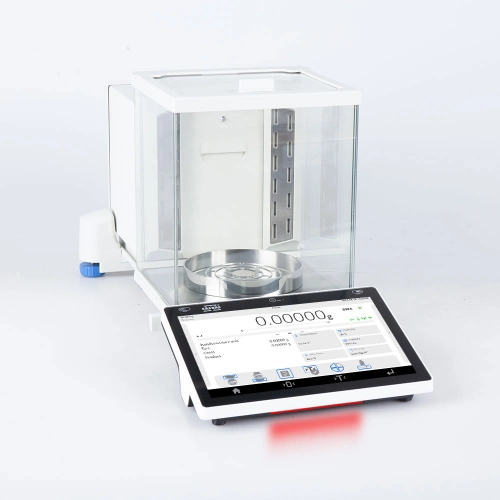
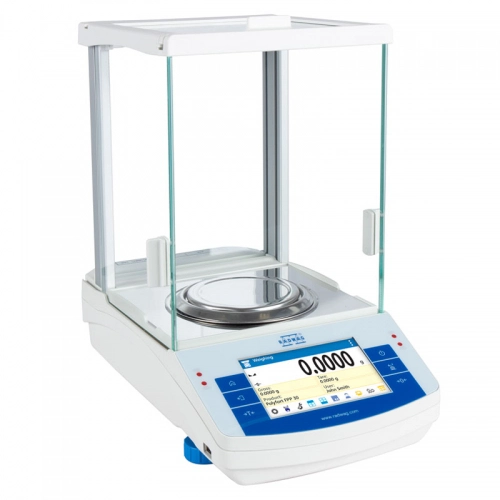
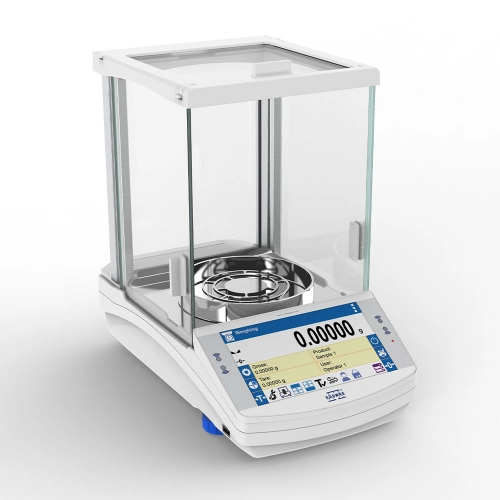
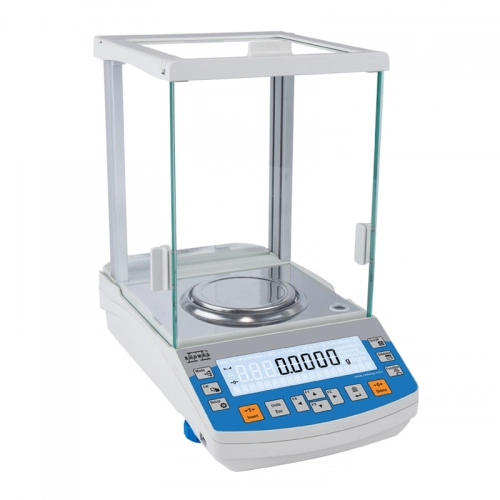
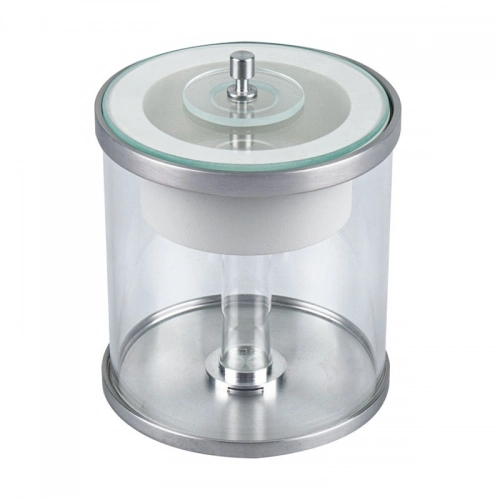
Laboratory balances are widely used in research, industrial, pharmaceutical, food, and other sectors where precision and accuracy of mass measurements are crucial. They are used to weigh chemical substances, samples, medications, laboratory materials, and other objects requiring precise mass measurement.
Analytical and precision balances are types of laboratory balances, but there are some differences between them. Analytical balances are more precise and have a greater ability to accurately measure small masses, often to milligrams or even micrograms. Precision balances usually have less precision and may have a higher capacity, but are still used for measurements requiring high accuracy.
To keep a laboratory balance in good condition and ensure its accuracy, it is important to regularly perform calibration according to the manufacturer’s recommendations. It is also important to keep the balance clean and avoid exposure to environmental conditions that could affect its performance, such as vibrations, humidity, or temperature.
When choosing a laboratory balance, consider several factors such as the measurement range and precision, the type of samples that will be weighed, available features and calibration options, build quality, and compliance with standards and regulations related to laboratory measurements.
Most laboratory balances are calibrated before delivery by the manufacturer to ensure their accuracy. However, regular calibrations in the laboratory are recommended according to the manufacturer’s guidelines to maintain high-quality measurements throughout the usage period.
Various types of laboratory balances are available on the market, including analytical, precision, and laboratory balances of different capacities and precision. There are also specialized balances for specific applications, such as balances for weighing toxic substances, moisture analyzers, and others.
Laboratory balances allow for accurate and repeatable mass measurements, which are essential in many research and industrial fields. They also provide standardization and precision in measurements, facilitating the conduct of experiments, scientific research, and quality control in production.